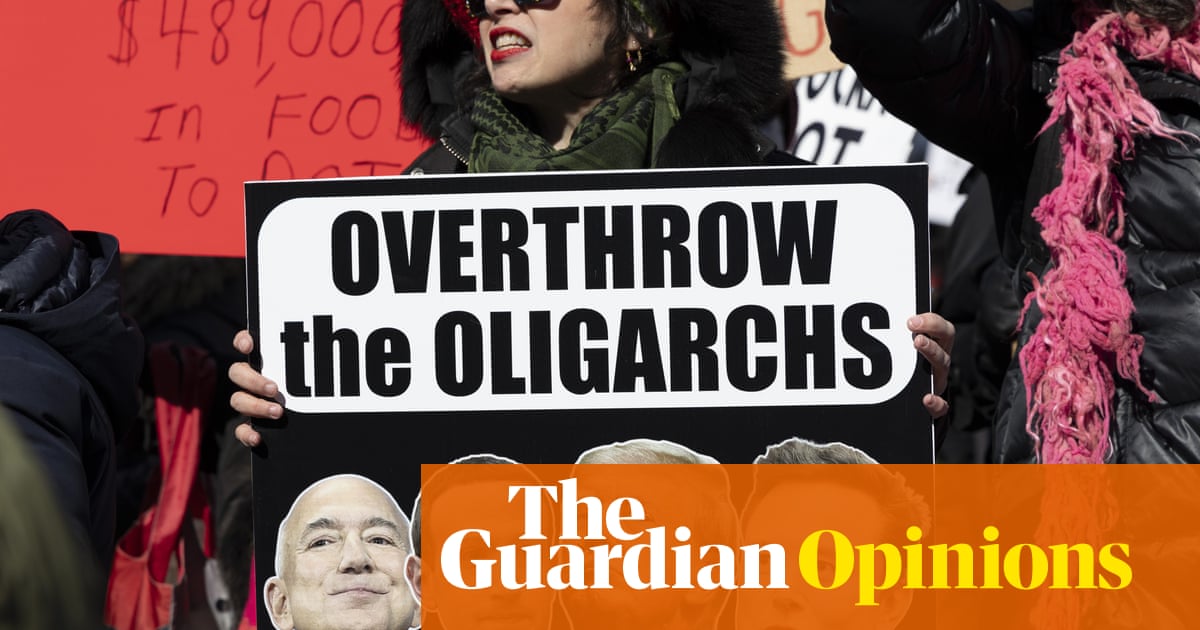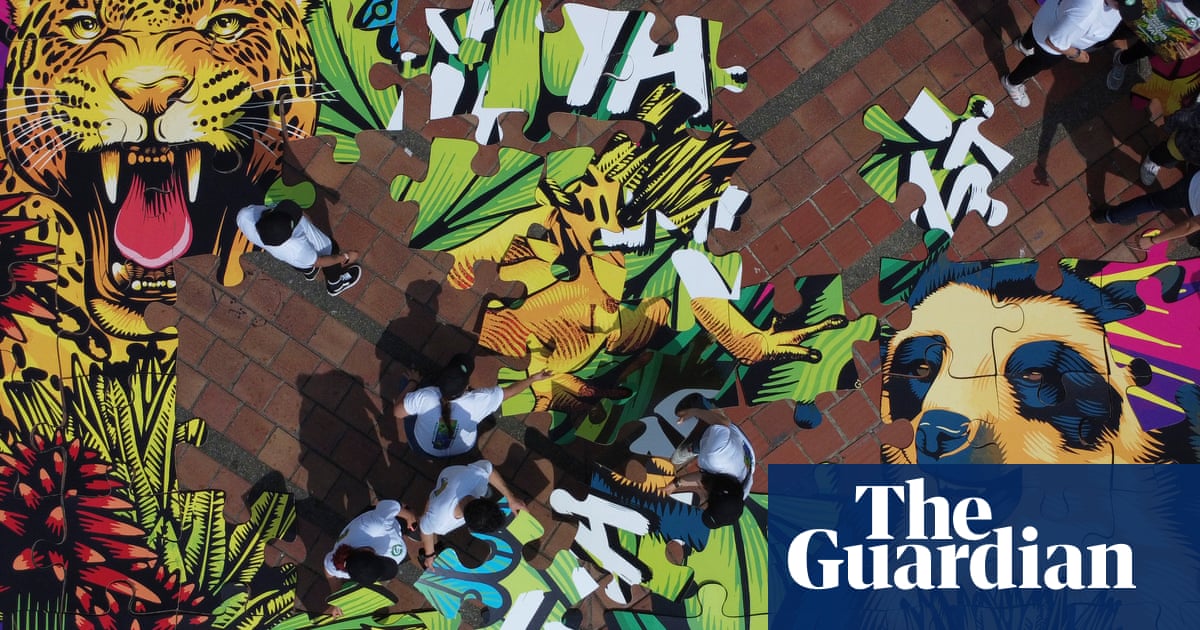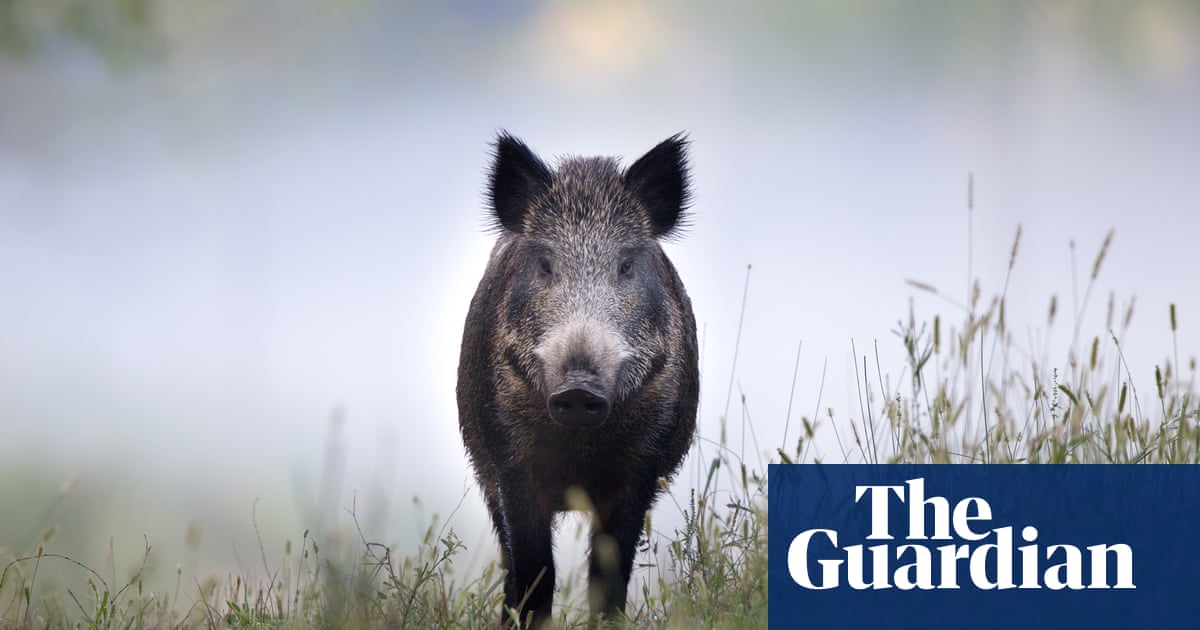The Police Service of Northern Ireland and the Metropolitan police unlawfully spied on two investigative journalists, a tribunal has found.
The investigatory powers tribunal ruled that the PSNI must pay £4,000 each in damages to Trevor Birney and Barry McCaffrey, who were arrested in 2018 after they produced No Stone Unturned, an award-winning documentary about a notorious massacre during the Troubles.
The tribunal also quashed the PSNI’s direct surveillance authorisation targeting the journalists and their suspected source – the first time it is believed to have taken such action. It ruled that the Met unlawfully put McCaffrey under surveillance in 2012.
No Stone Unturned documented apparent collusion between the police and suspected murderers in the 1994 Loughinisland massacre, in which six Catholic men were killed by loyalist paramilitaries.
The subsequent arrest of the journalists was ruled unlawful by Northern Ireland’s top judge in 2019.
In 2018, Belfast-based McCaffrey and Birney were controversially arrested as part of a police investigation into the alleged leaking of a confidential document that appeared in a documentary they made on the 1994 loyalist paramilitary massacre in Loughinisland, County Down.
The PSNI, citing a conflict of interest, asked Durham police to lead the investigation into the inclusion of the Police Ombudsman for Northern Ireland document in the No Stone Unturned film on the UVF pub shooting that claimed the lives of six men.
The PSNI later unreservedly apologised for the way the men had been treated and agreed to pay £875,000 in damages to the journalists and the film company behind the documentary.
The settlement came after a court ruled that the warrants used by police to search the journalists’ homes and Fine Point Films had been “inappropriate”.
In 2019, Birney and McCaffrey lodged a complaint with the IPT asking it to establish whether there had been any unlawful surveillance of them.
In court proceedings earlier this year, the tribunal heard that a detective requested the DSA from Sir George Hamilton, the former head of the PSNI, in order to monitor whether the two reporters would reach out to their source in the week after their initial release from custody.
Hamilton gave the green light for the covert surveillance of an individual whom officers suspected of being the source of the leaked document from the police ombudsman’s office.
In its judgment, the IPT said: “We will quash the DSA. We have determined that a declaration of its unlawfulness would not be sufficient to afford the claimants just satisfaction in respect of its incompatibility with the rights protected by article 10 (of the European convention of human rights).”
Reacting to the judgment, Birney and McCaffrey called for a public inquiry into police surveillance of journalists.
McCaffrey told reporters in London: “For this court to have found that a chief constable has acted unlawfully, we think is a major embarrassment, and it’s something that needs there to be a public inquiry.
“No other alternative – we need a public inquiry.”

 2 months ago
37
2 months ago
37













































